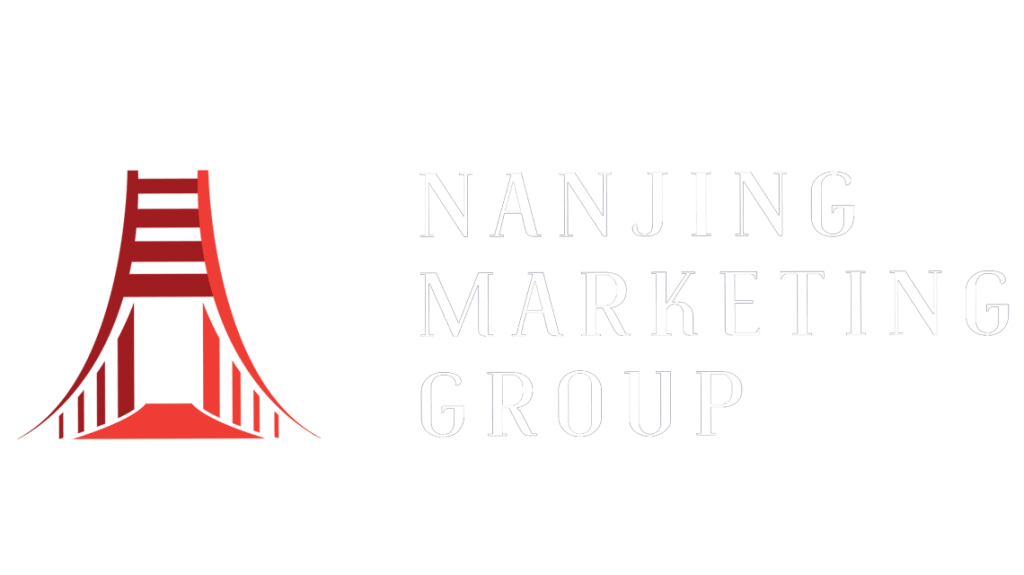On November 6th, Sissi and I attended Tmall Global’s conference in Hangzhou that introduced a new solution that the platform has built for overseas brands. To sum it up shortly, Tmall Global is a cross-border e-commerce platform (different from the domestic one- Taobao), and their new idea is promoting overseas brands to Chinese consumers using both foreign and Chinese influencers. They even created a new name for that. Online celebrities in China are called 网红 (wanghong, literally “Internet red”); Tmall Global’s influencers will now be referred to as网紫 (wangzi, literally “Internet purple”).
The platform has already started cooperating with certain international brands as a part of the Influencer Incubator plan, with the brands owned by Kim Kardashian, Miranda Kerr, Rihanna, Huda Kattan and Charlotte Tillbury acting as the Incubator ambassadors.
Of course, it is all in time for Alibaba’s Double Eleven (Single’s Day) shopping festival next week (November 11).
At the conference, Tmall Global’s executives shared some insights that Sissi summed up for you below. As for my opinion, the Incubator is obviously promoted on social media platforms through influencers’ accounts (mostly Weibo).
From an observer’s point of view, it was an interesting experience. The venue was full of online influencers that looked nothing like in the pictures they usually post (see my blog post on beauty standards in China here), and that were not at all interested in what was being said at the conference. content posted online is quite different from what was actually happening. From the extent of the applause, to what the Tmall executives said, or even to the performances of the influencers were pre-recorded… In reality, no one paid attention enough to react. Only one performance by foreign influencers was interesting- those were people widely popular on Chinese social platforms such as Douyin and Bilibili. Make no mistake, each action they took was staged and well-rehearsed too. But it is not just a Chinese thing, is it?
One important takeaway here is that the importance of influencers and even more- MCNs (multi-channel network) that manage them have peaked. For Alibaba, it started with live-streaming that has grown into an indispensable part of Taobao. Now, Alibaba wants to expand it to other platforms.
However, I think it is not all that easy. Platforms such as Douyin, Weibo and Bilibili are getting crowded with influencers constantly raising benchmarks and prices. Becoming a KOL (key opinion leader) has become a major goal for young people all over the world, and China is no exception. We’ve already noticed that Weibo’s influencers are losing on their power, and I suspect it may soon happen to other platforms as well. For huge brands it may not matter that much- they work with influencers with tens or hundreds of millions of followers anyway. But for SMEs, it may be a tough nut to crack. It’s a topic for another post – coming soon!
All in all, I’m glad we had a chance to see the event from an insider’s point of view. As it was an invitation-only event, we were probably the only outsiders in the crowd of influencers, MCNs and Tmall’s staff.
Here are some pictures, and scroll down for more insights.
Tmall’s Global Influencer Conference (天猫国际网紫大会) – Sum-up
“Embrace the Trillion Yuan Cross-border E-commerce Market”
Following the growth of mid and high-income households in China, the incremental purchase power has grown as well. China’s per capita GDP is close to 10,000 US dollars, and the consumption structure is similar to that of the US in the 1970s, shifting from mass consumption to brand consumption.
In the first half of 2019, cross-border e-commerce imports increased by 24.3% year-on-year. It is expected to break 100 billion by the end of the year.
What is also important is that there has been an increase of trading limit- 2,000 CNY to 5,000 CNY per transaction, and from 20,000 to 26,000 CNY per year.
The cross-border e-commerce policy dividends also include the increase in the scope of goods and the increase in the number of cross-border e-commerce retail import pilot cities.
Tmall Global is China’s largest cross-border platform, including 22,000+ international brands, 4,300+ product categories, 78 countries and regions, and 55% import consumption comes from the generation born after 1990.
Cosmetics, mother and baby care, healthcare and apparel counts for 80% of Tmall Global sales. Another important category that has grown in recent years is digital content.

Three new strategies are being introduced: 1) new categories, 2) new brands, 3) new products.
The new product categories are being expanded for skincare & makeup, mother and baby care products, fashion, digital, food and health care. As for the beauty products, the new trends focus around skincare devices and other related equipment; the new category for fashion is streetwear; and for personal care- products related to hair loss which Millennials are obsessed with.
Chinese consumers are also willing to spend more on pets, which includes healthy snacks and other imported pet products.
The “Purple” Influencers (网紫 wangzi), based on Tmall’s idea, will be focused on expanding the reach of importers and helping Chinese consumers explore global goods. Their main role is to connect overseas brands to Chinese consumers. The influencers are chosen based on factors such as: “International Commodity Index”, “Global Impact Index” and “Consumption Leading Index of Overseas Shopping”.
The new ecosystem consists of over 500 domestic and global influencers, over 50 MCN organizations and 10 countries and regions for now. The key element is that the brand will not only be able to sell their products in their stores but also through influencers’ flagship stores. Which means that brands will be able to access the vast follower base of popular KOLs.


